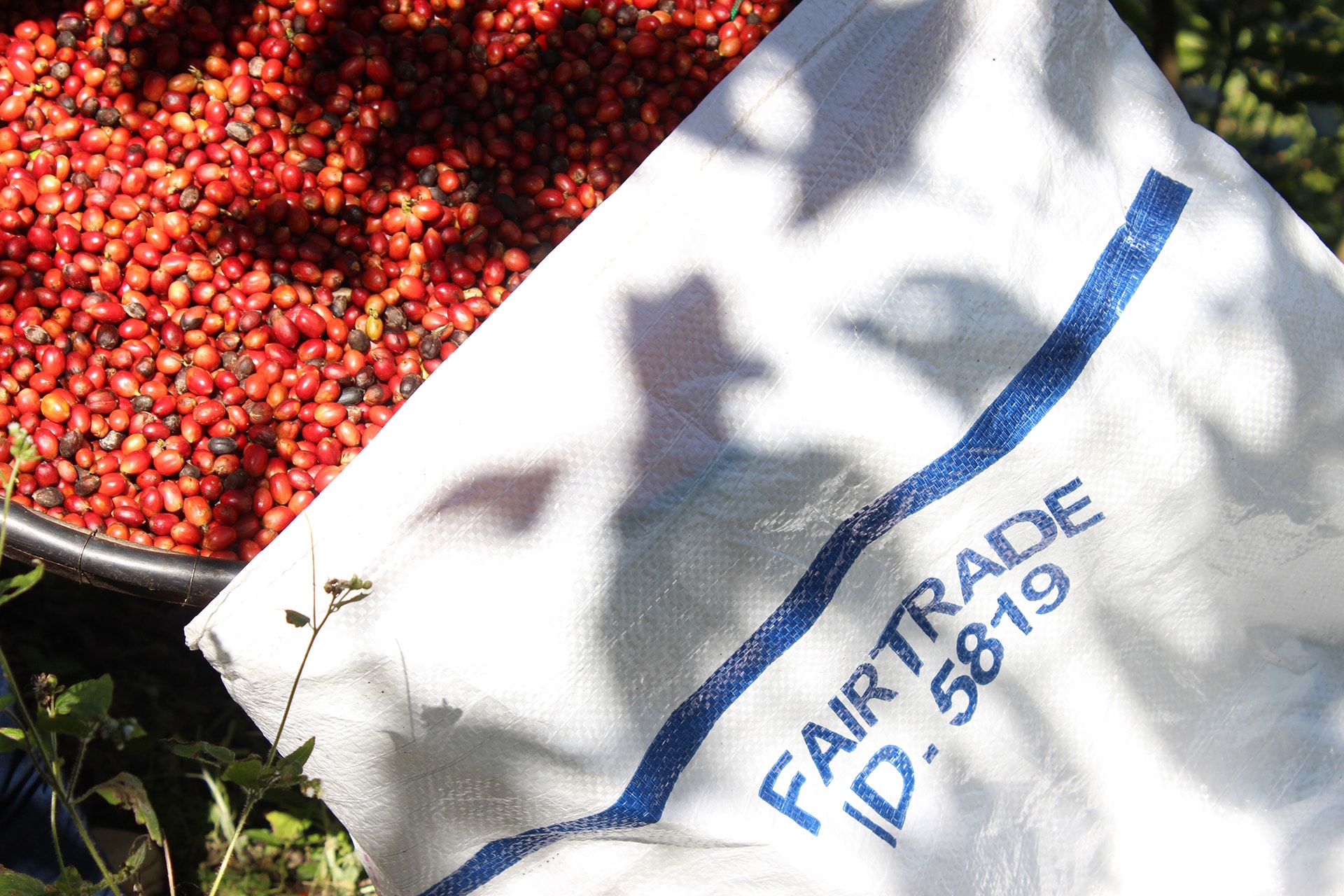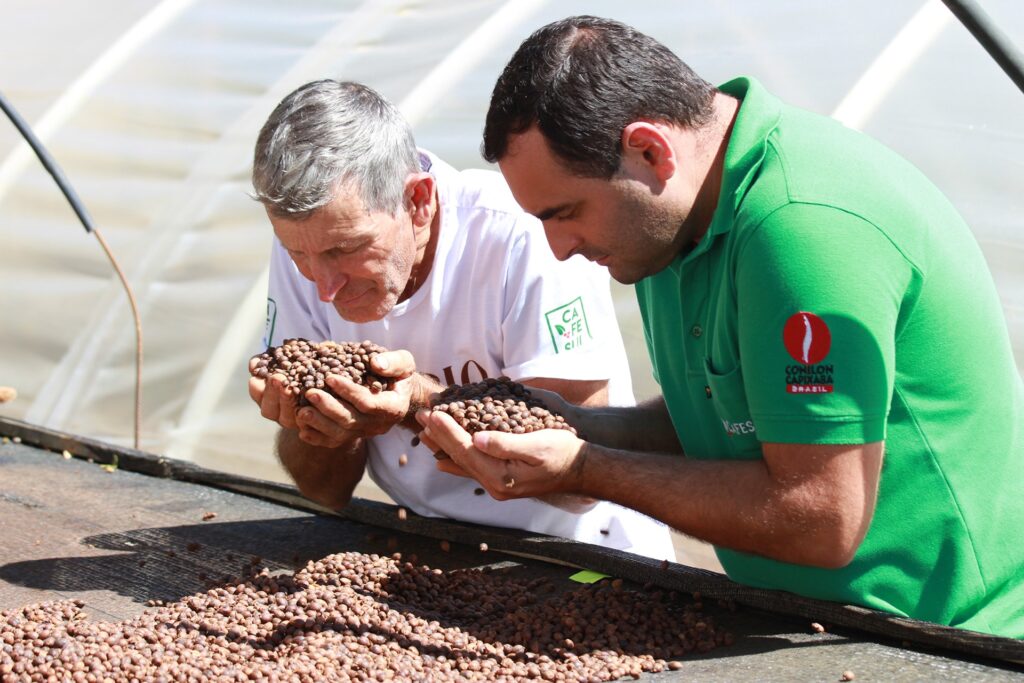
The Fairtrade Standards
The Fairtrade Standards establish the criteria for farmers, workers, traders and other stakeholders to participate in this unique approach to trade.
It is up to us as a cooperative to look after the quality of life of the producers.
Ana Santos Nolasco
Vice president of RAOS cooperative, Honduras
The Three Pillars of Sustainability
Fairtrade is about far more than just fair prices – we create sustainable impact in three interconnected areas: economic, social, and environmental.

Economic
Fairtrade sets economic Standards for farmers and workers to benefit from income security and financial independence. These include the Fairtrade Minimum Price for most commodities, which aims to provide producers with a safety net against falling prices, along with the Fairtrade Premium that provides producers with additional money to invest as they choose.
Fairtrade also emphasizes long-term partnerships that help yield sustainable and decent livelihoods.

Environmental
Environmental criteria emphasize ecologically and agriculturally sound practices, including responsible water and waste management, preserving biodiversity and soil fertility, minimal use of pesticides, and the prohibition of the use of GMOs.
Organic production is promoted and rewarded by higher Fairtrade Minimum Prices for organically grown products.

Social
Social criteria for small-scale producers include requirements on democratic self-organization, participatory decision-making, transparency, and non-discrimination.
For hired labour, our Standards require non-discriminatory employment practices, fair pay, freedom of association, and safeguards for worker health and safety.
Forced labour and child labour are prohibited under the Fairtrade Standards.
Introducing the Fairtrade Standards
The Fairtrade Standards are the backbone of our approach. They incorporate a holistic blend of social, economic, and environmental criteria and are designed to support the sustainable development of small producer organizations and agricultural workers in countries disadvantaged by unfair global trade structures.
The key objectives of the Fairtrade Standards are to:
- provide producers with prices that cover their average costs of sustainable production
- provide an additional Fairtrade Premium which can be invested in projects that enhance social, economic, and environmental development
- enable pre-financing for producers who require it
- facilitate long-term trading partnerships and enable greater producer control over the trading process
- set clear core and development criteria to ensure that the conditions of production and trade of all Fairtrade certified products are both socially and economically fair as well as environmentally responsible
Traders are also covered by the Standards, underscoring the commitments companies and businesses must make to contribute to sustainability in their supply chains and operations.

How we set Standards
Fairtrade Standards are set in accordance with the ISEAL Code of Good Practice on Standard Setting. As a full member of the ISEAL Alliance, Fairtrade International’s compliance signifies a commitment to delivering positive impact and embracing credible practices.
Decisions about Fairtrade Standards are made by the Fairtrade International Standards Committee. The committee is composed of a wide range of representatives from various producer organizations, National Fairtrade Organizations, trade unions, and others, from Africa and Latin America to Europe and beyond.